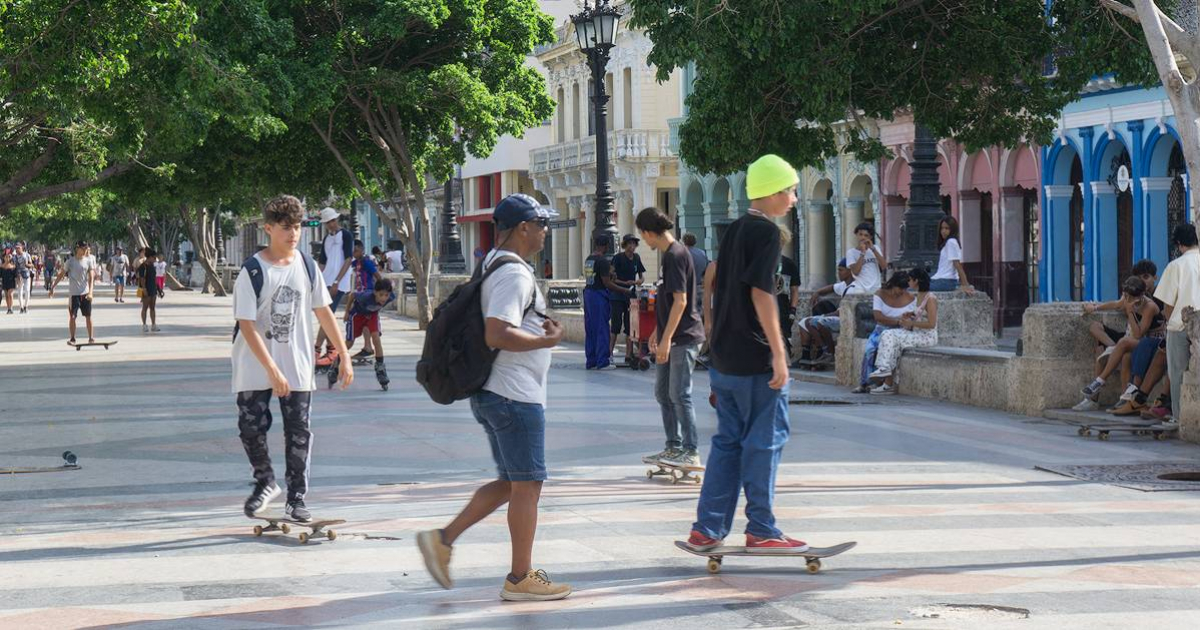
The Cuban regime assures that it is implementing policies for the labor insertion of young people and so that they do not have to abandon their studies in order to help their families in the midst of the crisis in the country.
The minister of the Ministry of Labor and Social Security, Marta Elena Feitó Cabrera, toldGranma that "there are legal possibilities for young people not to abandon their studies and to receive some economic benefit through social assistance, so that they can cover the monetary income claimed by their family unit and do not have to leave the classrooms."
However, in the current Cuban economic, political and social crisis, many young people are abandoning their university degrees and vocational training schools to go to work or start informal businesses.
The regime will not protect them all. In line with the policies that have been announced, also in the area of Comprehensive Care of Children, Adolescents and Youth, they will carry out a selection process to serve those who study or work and live in families in vulnerable conditions.
The State no longer wants all Cubans to be university students, now they propose a "change of focus" for "the search for transformation and not welfareism."
The University Student Federation (FEU) will carry out a process of identifying young people who live with families in vulnerable situations, and will try to "rescue" those who have already abandoned their studies.
Students looking for alternatives to achieve economic income during the period in which they study their specialties could join "jobs associated with their profiles." The regime needs to "take advantage of their talent and training in higher-skilled work."
Another issue of interest for the government is the birth rate. Young women who are studying and become pregnant have the right to benefits during their maternity, like any working woman.
"They will be able to enjoy prenatal leave, post-maternity economic benefit. Once this stage has expired, they also have a social benefit until the child reaches 15 months of age, which can be extended to a family member so that they can care for the child and allow the young woman continues her studies, which is the ultimate goal so that no young woman who is fit and in a position to study or work disengages," said Feitó Cabrera.
In this stage of inflation and rising prices of basic services, the regime complains that there is a group of young people in informal jobs.
"We are changing the approach to informality, the issue is respecting the rights established by the Labor Code. We must see it with a different approach. All people who are working in this way must demand a formalization of their work situation," he warned. the minister.
Last summer, official data indicated that some800 thousand young Cubans They are not linked to study or work. School dropouts are so high that in Sancti Spíritus alone, almost 20 percent of university students left their careers.
What do you think?
COMMENTFiled in: